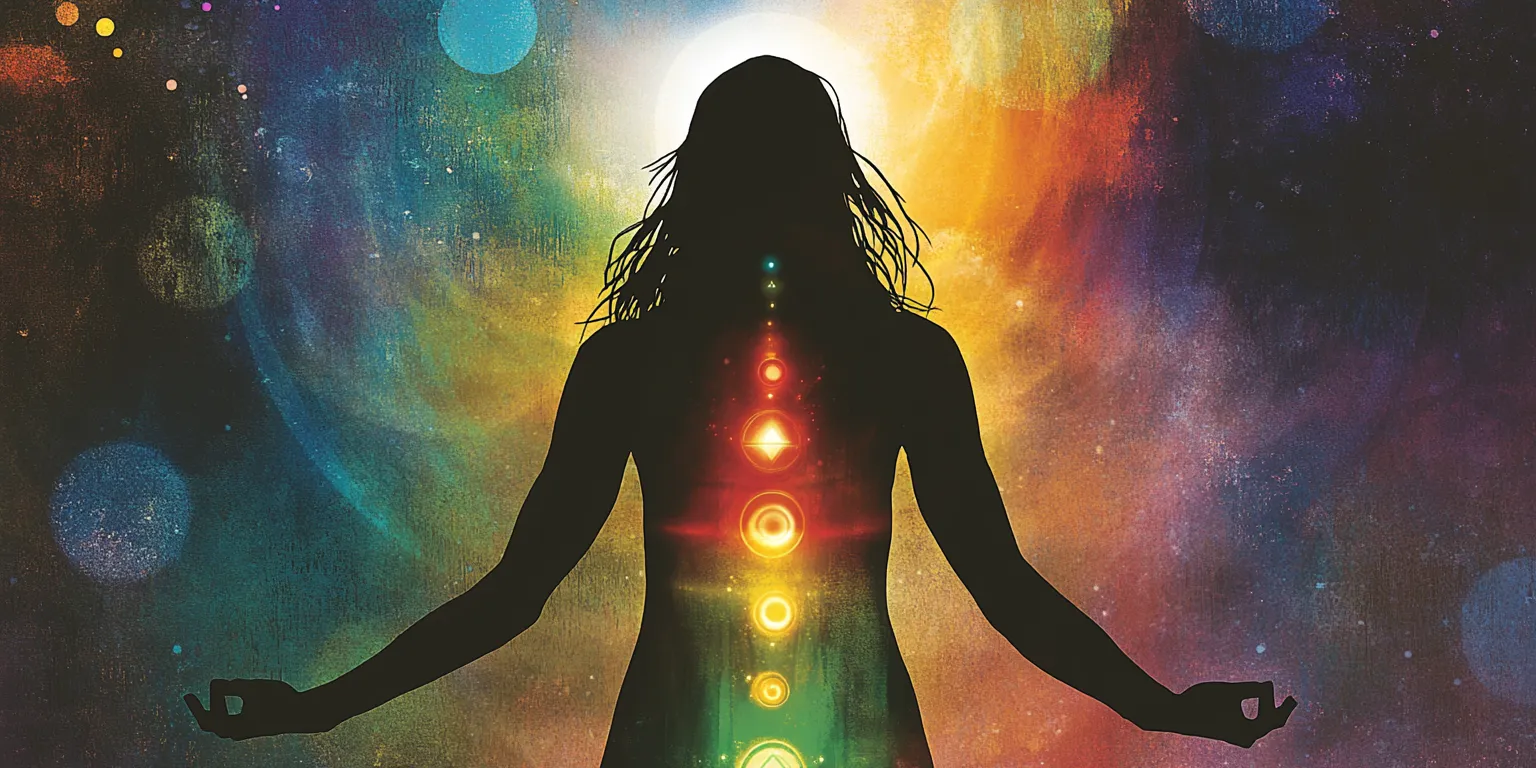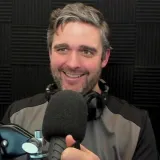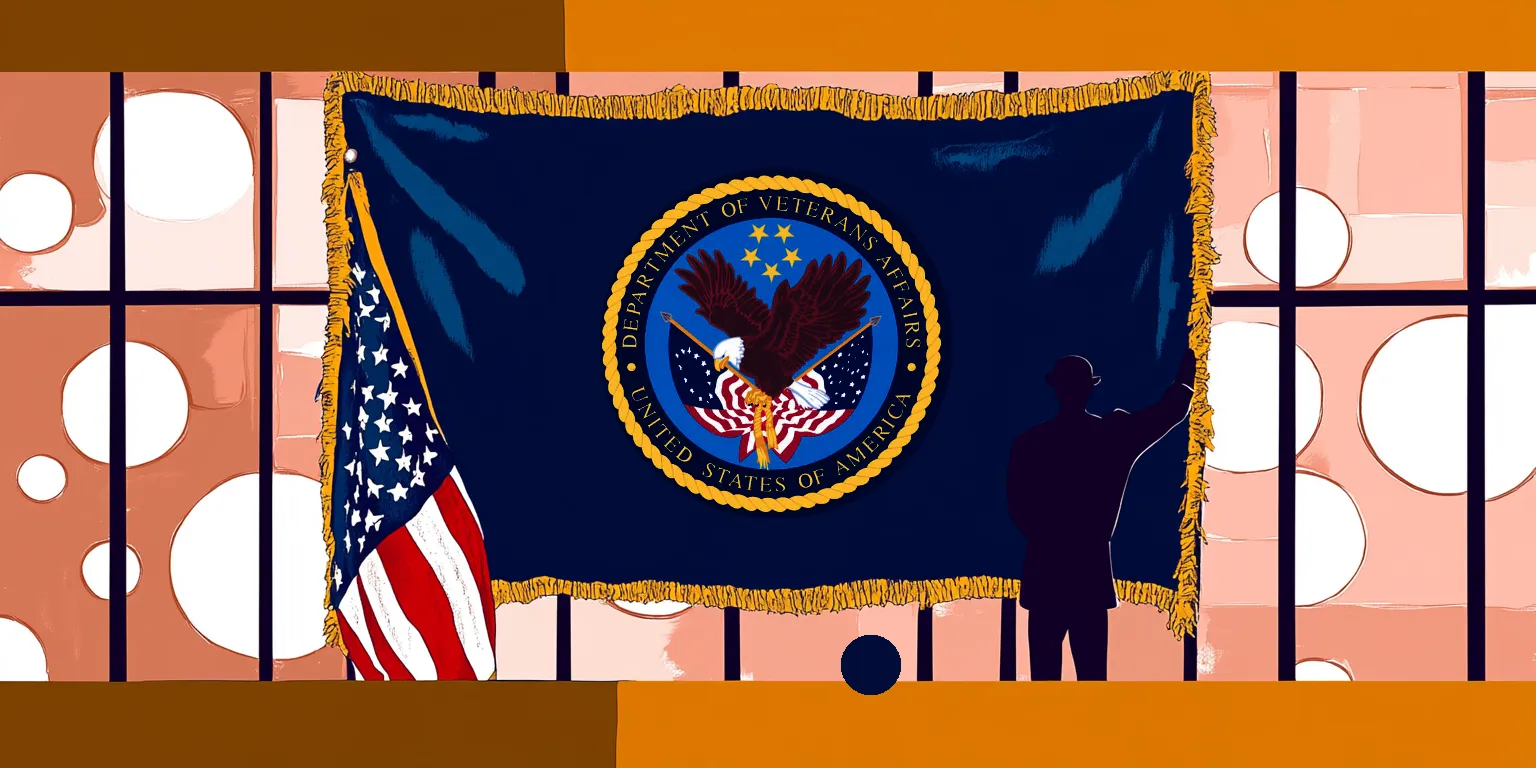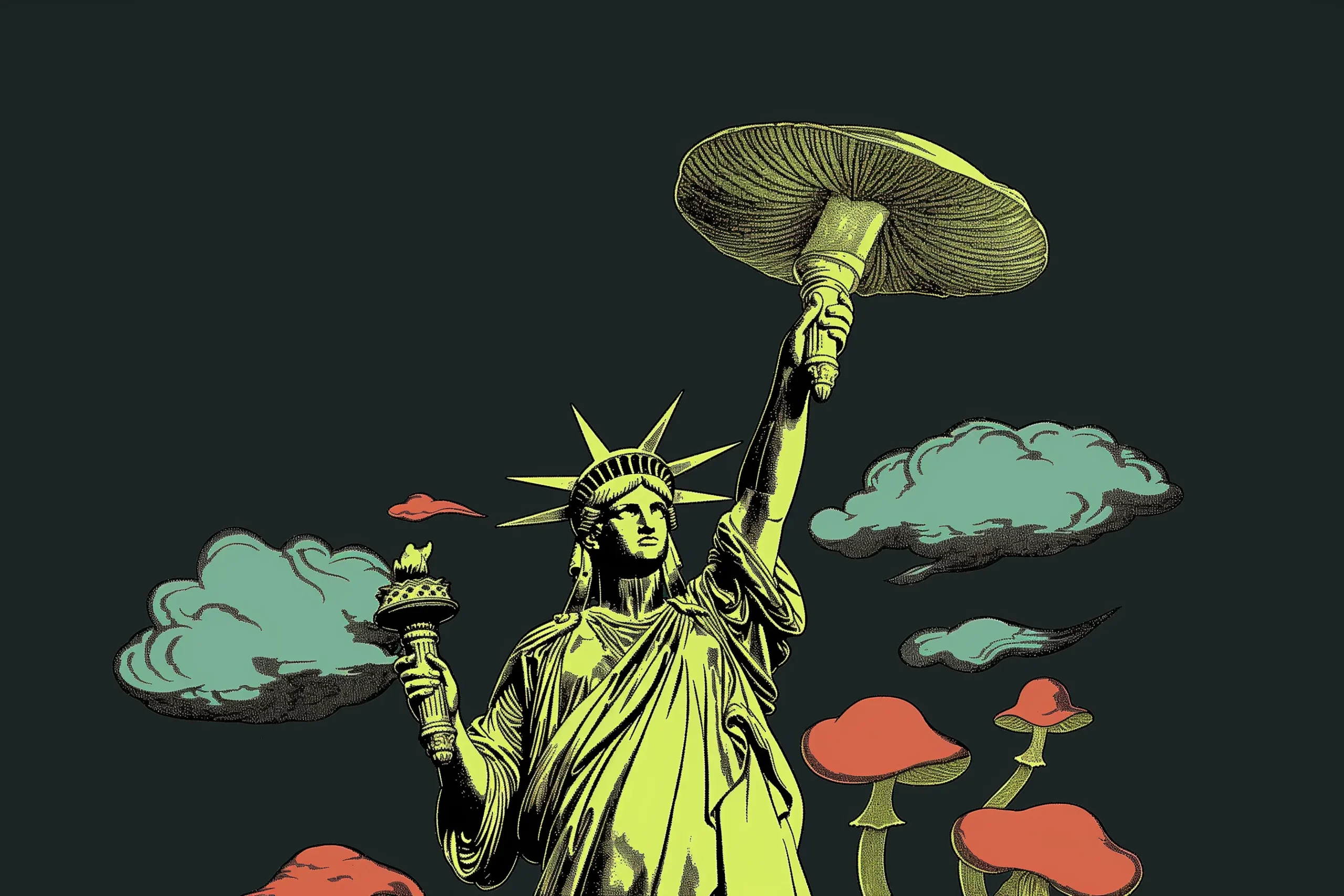In this week’s Psychedelic News Roundup, explore the story of a Colorado-based family who came together to try magic mushrooms in a search for peace and healing. Other news includes the launching of a new Phase III clinical trial and one rapper’s ayahuasca journey.
A Family’s Healing Journey Through Psychedelic-Assisted Psychotherapy

Originally covered by CBS News, a grandmother, her two daughters, and her granddaughter embarked on a transformative journey, utilizing psychedelic-assisted psychotherapy with psilocybin (aka magic mushrooms). This therapy session, tailored for women, became possible following Colorado’s decriminalization of psilocybin’s use. Delaney Sanchez, 23, struggling with anxiety and ineffective medications, joined her 59-year-old mother, Dana, and 77-year-old grandmother in this unique healing experience, motivated by the possibility of finding relief from her mental health issues.
The therapy, conducted by Heather Lee, a therapist with over 30 years of experience and training in psychedelic-assisted psychotherapy, involved drinking mushroom tea and then retreating into personal introspection with eye masks and headphones. Each woman’s experience varied: Dana Sanchez felt uneasy, Delaney initially struggled with overwhelming anxiety before finding peace, Danielle Sanchez, 25, experienced a profound sense of peace and love, and Donna Strong, the grandmother, confronted somber reflections about her life.
Despite the varied experiences, all the women felt that healing had occurred. Dana Sanchez appreciated the shared journey and the strength it revealed in her family. The session concluded with an integration session, where they shared their experiences. Heather Lee, the therapist, reflected on the growing interest in emotional and psychospiritual healing, indicating a broader “psychedelic renaissance” where more people are seeking soul healing through such innovative therapies.(1)
Keep Up with Uncensored Psychedelic Trends
Join our newsletter at Psychedelics Uncensored.
We respect and protect your privacy. By subscribing your info will be subject to our privacy policy . Unsubscribe easily at any time
Compass Pathways Launches UK Phase III Psilocybin Study and New Research Centre

Compass Pathways plc., a biotechnology company focused on mental health innovations, has announced the initiation of the UK component of its global Phase III study of COMP360 psilocybin treatment for treatment-resistant depression (TRD). This research, approved by the UK’s Medicines and Healthcare Regulatory Agency, will be conducted across multiple UK sites, including the newly opened Centre for Mental Health Research and Innovation in London. This Centre is a collaborative effort between Compass Pathways, South London and Maudsley NHS Foundation Trust, and the Institute of Psychiatry, Psychology & Neuroscience at King’s College London.
The Phase III program, comprising two pivotal trials (COMP 005 and COMP 006), is significant as the largest randomized, controlled, double-blind psilocybin treatment clinical program to date. COMP 006, involving multiple dose arms, will be conducted in the UK and globally, while COMP 005 is US-based, focusing on a single 25mg dose of COMP360. The Centre for Mental Health Research and Innovation aims to advance psychedelic research and develop new mental health care models in the UK. Led by renowned clinical investigators, the Centre will initially focus on TRD and anorexia nervosa, exploring integrative treatment models and digital technologies for personalized mental health care.
Kabir Nath, CEO of Compass Pathways, highlighted the urgency of innovating mental health treatments, emphasizing the role of public-private partnerships in this endeavor. The launch of the Phase III study and the new Centre represents a significant step towards addressing mental health challenges like TRD. David Bradley, Chief Executive of South London and Maudsley NHS Foundation Trust, and Professor Allan Young of King’s College London, expressed enthusiasm for the potential research partnership to improve mental health care in the UK. The collaboration aims to explore the safety, effectiveness, and delivery mechanisms of psychedelics in treating various mental health conditions.(2)
Enthea to Cover Psilocybin-Assisted Therapy in Legally Permitted States

As covered by Marijuana Moment, Enthea, a Massachusetts-based health benefits provider known as the only licensed provider of psychedelic health plans, has announced its decision to cover psilocybin-assisted therapy in states where it’s legally permitted. Sherry Rais, CEO and co-founder of Enthea, emphasized the clinical evidence supporting the effectiveness of psilocybin-assisted therapy, noting that Oregon and Colorado have already legalized its use. Enthea, which previously offered coverage for ketamine treatment nationwide, plans to incorporate psilocybin therapy into its standards of care, anticipating a rollout to its provider network early next year.
Enthea aims to cover psilocybin-assisted treatments by mid-2024, expanding its scope of mental health treatment options. Dan Rome, co-founder and chief medical officer at Enthea, expressed confidence in the potential benefits of psilocybin therapy, citing encouraging results from published studies and therapist feedback. Additionally, Enthea aims to further broaden its services to include therapies with other substances like MDMA, following their approval and the FDA’s recognition of MDMA as a breakthrough therapy for post-traumatic stress disorder (PTSD).
The movement towards legalizing and utilizing psychedelics for therapeutic purposes is gaining momentum across the United States. Other companies, like Bennabis Health and CannaCoverage, have also introduced medical marijuana coverage in workplace benefit packages. Various states, including California, Massachusetts, and Wisconsin, are exploring or implementing legislative reforms for the therapeutic use of psychedelics. Moreover, the federal government is showing increasing interest in researching the therapeutic potentials of psychedelics, particularly for mental health conditions like PTSD and substance use disorders.(3)
Keep Up with Psychedelic Trends
Get uncensored psychedelic news, events, and updates. Join Psychedelics Uncensored!
We respect and protect your privacy. By subscribing your info will be subject to our privacy policy . Unsubscribe easily at any time
Transform’s New Guide Offers a Four-Tier Model for Regulating Psychedelics

In a story coming to us from Marijuana Moment, a new guide titled “How to Regulate Psychedelics: A Practical Guide” has been released by the Transform Drug Policy Foundation, a UK-based organization. Authored by Steve Rolles, a senior policy analyst at Transform, the guide aims to provide a well-thought-out framework for regulating the nonmedical use of psychedelics like psilocybin, LSD, DMT, and mescaline. The guide emphasizes the need for evidence-based regulation in the context of global drug policy, often marred by what Rolles terms the “madness” of the drug war. It seeks to extend regulatory logic to psychedelic substances, considering both their risks and benefits.
The 124-page guide outlines a four-tier model for psychedelic regulation. The first tier advocates for noncommercial legalization, including home cultivation and not-for-profit sharing, echoing the “grow, gather, gift” model. The second tier proposes membership-based social clubs for regulated drug access, inspired by models in Spain, Uruguay, and Malta. The third tier suggests licensed production and retail businesses with strict regulations for public safety, limiting advertising, and forbidding child-appealing product designs. The fourth tier focuses on facilitated use in therapeutic settings, requiring trained and licensed practitioners to administer and supervise psychedelic experiences.
The guide places significant emphasis on embedding equity and justice provisions within any regulatory model, advocating for financial support, and prioritizing equity applicants in the licensing process. It also addresses concerns around international drug treaties, noting that while plant-based psychedelics might not face significant legal hurdles, synthetics like LSD could. Transform’s guide, available for free, targets policy makers, but is relevant to anyone interested in post-drug war policies. It arrives amidst a global shift in attitudes toward drug regulation, with various reports and UN agencies advocating for a health-oriented, decriminalized approach to drug policy, emphasizing human rights and environmental considerations.(4)
André 3000 Shares Ayahuasca-Inspired Track on Upcoming Album New Blue Sun

In an article from the Huffington Post, ahead of the release of his debut solo album New Blue Sun, André 3000, the renowned Atlanta rapper, has opened up about an extraordinary ayahuasca experience that inspired one of his new tracks. In an NPR interview, he detailed his transformative experience during a three-day ayahuasca retreat in Hawaii, where he felt an intense connection with all things on the first night, followed by a profound transformation on the second night, where he envisioned himself as a panther during a psychedelic event.
The psychedelic experience led André, also known as 3 Stacks, to create the instrumental track “That Night in Hawaii When I Turned Into a Panther and Started Making These Low Register Purring Tones That I Couldn’t Control … Sh¥t Was Wild.” He described undergoing “toning,” a process where he involuntarily made vibrational noises, and how these sounds influenced the song’s melody. The artist mimicked these tones on the album, wishing he had recorded the original sounds during the session.
André 3000 reflected on how the ayahuasca experience, which he described as akin to “20 years of therapy,” significantly changed him, mainly when he was in a low mental state. He also discussed his instrumental solo album, with tracks like “I Swear, I Really Wanted to Make a ‘Rap’ Album, but This Is Literally the Way the Wind Blew Me This Time.” This album reflects a departure from his rap roots, showcasing a deeper, more reflective side influenced by his psychedelic journey.(5)
Stories like those shared above highlight the ever-changing landscape of psychedelic medicine, public opinion, and the shifting tides of legalization around the globe. As we continue moving forward with the psychedelic renaissance, we will see more and more families like the Sanchez’s who embrace psychedelic medicine as a way to heal. They, and those like them, are the true heart and beneficiaries of the vast potential of psychedelic medicine.
Sources

1. Grandmother and her family try mushroom tea in hopes of psychedelic-assisted healing – CBS News. (2023, November 15). Www.cbsnews.com. https://www.cbsnews.com/news/mushroom-tea-psychedelic-assisted-healing-colorado-4-women-grandmother-retreat-psilocybin/
2. Pathways, C. (2023, November 15). Compass Pathways initiates the UK component of the global phase 3 study of psilocybin treatment in treatment-resistant depression and launches a new research center. GlobeNewswire News Room. https://www.globenewswire.com/news-release/2023/11/15/2780782/0/en/Compass-Pathways-initiates-UK-component-of-global-phase-3-study-of-psilocybin-treatment-in-treatment-resistant-depression-and-launches-new-research-center.html
3. Adlin, B. (2023, November 15). Health Benefits Provider Will Cover Psilocybin-Assisted Therapy In States Where It’s Legal. Marijuana Moment. https://www.marijuanamoment.net/health-benefits-provider-will-cover-psilocybin-assisted-therapy-in-states-where-its-legal/
4. Adlin, B. (2023, November 15). New Guide On “How To Regulate Psychedelics” Lays Out Four-Tiered Model Focused Specifically On Nonmedical Use. Marijuana Moment. https://www.marijuanamoment.net/new-guide-on-how-to-regulate-psychedelics-lays-out-four-tiered-model-focused-specifically-on-nonmedical-use/
5. André 3000 Says He Got High On Ayahuasca And Transformed Into A Panther. (2023, November 16). HuffPost. https://www.huffpost.com/entry/andr%C3%A9-3000-panther-ayahuasca-new-blue-sun_n_65552fbbe4b05723e4bb9ca6#:~:text=The%20Outkast%20musician%20said%20the
This material is not intended as a replacement or substitute for any legal or medical advice. Always consult a medical professional about your health needs. Psychedelics are widely illegal in the United States, and readers should always be informed about local, state, and federal regulations regarding psychedelics or other drugs.

 David Connell
David Connell






 Ross Dillon
Ross Dillon 
